National Party Visit: Food For Thought
Kairos was thrilled to host a visit from members of the National Party, prior to their Christchurch public meeting on 23 March. Delegates included Deputy Leader Nicola Willis, MP Tama Potaka of Hamilton West and Dale Aotea Stephens from Christchurch.
The visit began with an introduction to Kairos, our history and what we do in the Christchurch community, followed by a tour of our facility and a discussion on how cost of living increases are affecting the people of Canterbury.
Nicola was impressed with how Kairos is largely powered through volunteers. The Free Store is all volunteer-based as well. There will usually be one or two staff members present on Free Store evenings, but the rest are all volunteers.
“We couldn’t do it without them,” Stu Ennor said. “Lots of people come in to help. We have some schools that come. We have some business groups that come in as a team after work.”
Stu went on to explain to the National team about how the Christchurch Food Bank Network operates. “Groups like us and other food banks and trusts try to work together. This allows each group to look after people in their own area, to build relationships. You build community with those people. You understand what they need.”
Collaboration was a theme that came through when speaking of Kairos working with other groups outside of the food networks.
“I know that sometimes food is the way in the door,” Nicola suggested. “You create a relationship through which you can help people with their underlying challenges.”
“Food is the tool,” Stu agreed. “Food just masks the problem that is underneath. We work a lot with Compassion Trust Budgeting Service. We don’t do budgeting, but they do it really well. We can say to a person, ‘Hey, we’ve got this guy over here — would you like to talk to him?’ That’s a nice, soft introduction, and they can go off and have a chat. It’s not like we’re asking people to go off to have a big, scary meeting with someone.”
In addition to Compassion Trust, Kairos works with Orange Sky, which provides mobile shower and washing facilities. There is a doctor and nurse, paid for by the Health Board, that go around to groups like Kairos to meet and talk with people.
“I’m a big believer in that model of collaboration,” said Nicola. “It allows people to bring their specialiations while getting rid of some of the inefficiencies.”
Kairos was able to discuss with the National team how COVID and economic changes in recent years have affected both the food rescue operations and the people they serve. In the last financial year, Kairos processed more than 300 tonnes of rescued food. Now they are lucky to receive 500 kilograms a month, due to food chain and supply issues. Next year is projected to be even worse. Food retailers are taking a hit on their profit margins and shoppers are facing the price increases that come with limited supply. “Then, with the floods,” Stu went on, “a lot of the food is going to the North Island.” Kairos staff noted that reduction of red tape for those working in the food retail sector and better education about the legalities around food rescue would help. “There is a lot of work in the background being done,” Stu said. “And it needs to be done, to educate companies to give.”



